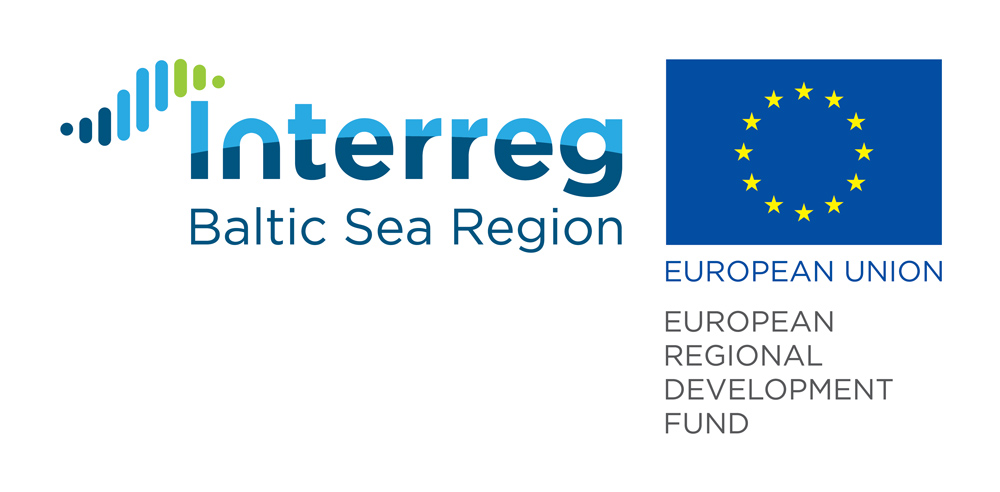You can find information on our Interreg Baltic Sea Region Seed Money project on the Programme website in the projects library now. The project is the flagship activity of the Euroregion Baltic Water Core Group led by our ERB Member – Region Kalmar County from Sweden.
https://projects.interreg-baltic.eu/projects/waterman-seed-232.html

Climate-resilient wastewater and groundwater management by circular approaches that reduce outflows of nutrients and hazardous substances – WaterMan project
Reducing the outflows of nutrients & hazardous substances to surface water, groundwater and the Baltic Sea, in particular, is the primary concern of water management in the BSR and will remain its foremost task in the future. At the same time, the effects of climate change pose new challenges to water supply: Droughts limit in specific periods the quantity of water for various uses (e.g. drinking water, agriculture). Floods impair the
quality of drinking water – and thus indirectly its quantity, too. SMHI has predicted that problems linked to water shortage will become even more severe in the future.
The two mentioned tasks cannot be addressed as a question of either/or. The ambition must be to meet environmental goals at a high level and to secure water supply. Possible synergies between them, however, were hitherto not widely addressed: If effluent water is retained, re-circulated & re-used, water supply will not only be more secure & climate-resilient. At the same go, this will be an effective way to reduce outflows of
nutrients & hazardous substances.
WaterMan develops and promotes circular approaches to reduce outflows of nutrients & hazardous substances to surface water, groundwater and the Baltic Sea in particular, which at the same time contribute to the climate-resilient water supply. Its centre of attention is measures & techniques to re-use water from wastewater treatment plants (WWTPs) and the retention of water before flowing into the Baltic Sea. Thus, less
groundwater resources will be needed for drinking water production & other uses, and water supply becomes more climate-resilient.
The project focusses thereby on measures at the local level and on areas in the BSR, where the water supply may be significantly affected by climate change. Primary target group are, consequently, municipalities & water companies that are responsible for local water management.
WaterMan explicitly addresses this by developing circular approaches for local actors. Partnership and work plan will ensure that innovative solutions emerge and will disseminate them effectively to potential further users in the BSR:
– The project initiates a BSR-wide peer learning process among local authorities & water companies, which have experiences and a high level of proficiency. Thus, pre-work from different parts of the BSR can be transferred, combined and advanced. This will make local approaches more effective while decreasing individual efforts for development.
– The dissemination of “ready-to-use” solutions to be developed and tested is not regarded as “altruistic obligation”, but is a crucial concern of WaterMan.
Consequently, the partnership will include both, “hand-on partners” that develop & test new solutions (municipalities, water companies), and umbrella organisations (e.g. associations of local authorities) with a genuine interest in spreading the knowledge to their members.